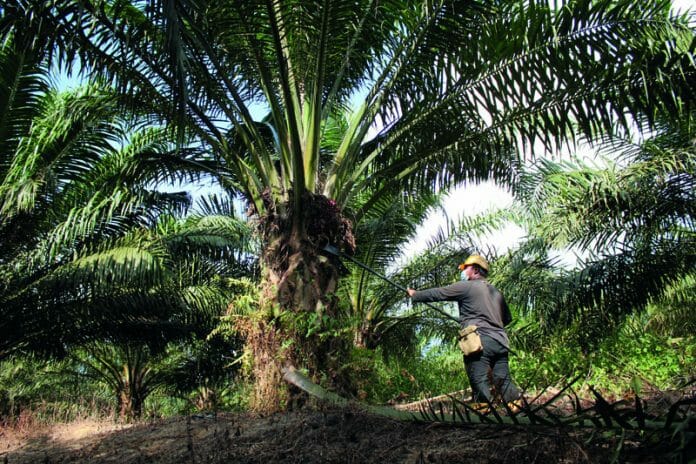The research house has maintained its ‘NEUTRAL’ call on the plantation, as it sees the “opportunity to profit take”.
Indonesia is lifting its palm oil export ban effective 23 May. The research house in its latest plantation sector analysis stated that it believes there could be more policy changes to come, as bulk cooking oil prices have still not come down to the desired level. While CPO prices could come off as a result of this news, share price of planters with Indonesian operations may rise. This is the opportunity to take some profit off the table, given the continued uncertainty in Indonesia and a potential increase in export levies, which could harm profitability.
Indonesia is lifting its palm oil export ban effective 23 May, following improvements in the domestic cooking oil supply situation, as announced by President Joko Widodo. Despite the price of bulk cooking oil having not yet reached the targeted IDR14,000/litre, the lifting of the ban was decided considering the welfare of 17m workers in the industry. President Jokowi
also emphasised that the Government will continue to monitor the supply closely to ensure domestic needs are met at affordable prices.
Volume of bulk cooking oil sufficient but prices still high. The palm oil ban has resulted in more bulk cooking oil flooding the domestic market from 64,500 tonnes/month (in March) to 211,000 tonnes/month currently, exceeding the national consumption of c.194,000 tonnes/month. This has brought down prices of bulk cooking oil from IDR19,800 before the export ban to IDR17,200-17,600/litre, a 11-13% drop.
Good news for Indonesian players, as exports can resume. To mitigate the ban previously, players have been reducing purchases of third party FFB as well as holding off on selling their CPO given their capacity to store 1-3 months of inventory. Around one month of exports should return to the market with this move, or close to 2.4m tonnes of supply.
The drama may not end here. There could be further announcements from the Government since prices have still not come down to the desired level and as the lifting of the ban could result in the domestic shortage recurring. The research house understands some policy changes that have been considered include the raising of the ceiling price for bulk cooking oil to IDR17,000/litre; the appointment of a government entity to buy controlled price olein from producers to ensure supply to the domestic market; potentially raising the export levy to set aside money specifically for cooking oil subsidies; and even possibly reinitiating the domestic market obligation (DMO) scheme with different parameters.
CPO and share prices may move in different directions from this news. While CPO prices could come off as a result of this news, share price of planters with Indonesian operations may rise.
“NEUTRAL” call reiterated on this sector with a trading strategy for profit taking opportunity. Investors are recommended to use this opportunity to take some profit off the table, given the continued uncertainty in Indonesia and potential increase in export levies which could harm profitability. Regional plantation plays to consider would be Indonesian (AALI, LSIP) and Singaporean (FR, BAL, GGR) planters, as well as Malaysian planters with large Indonesian exposure (KLK, GENP).









